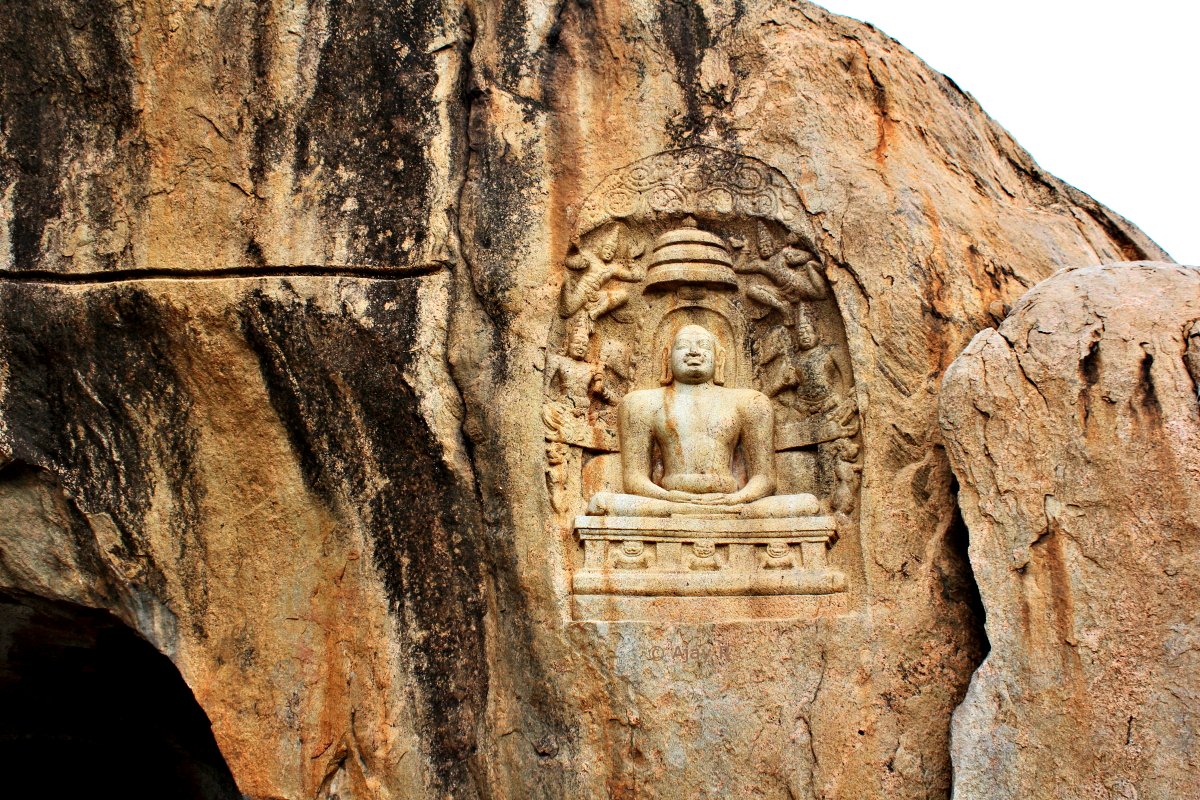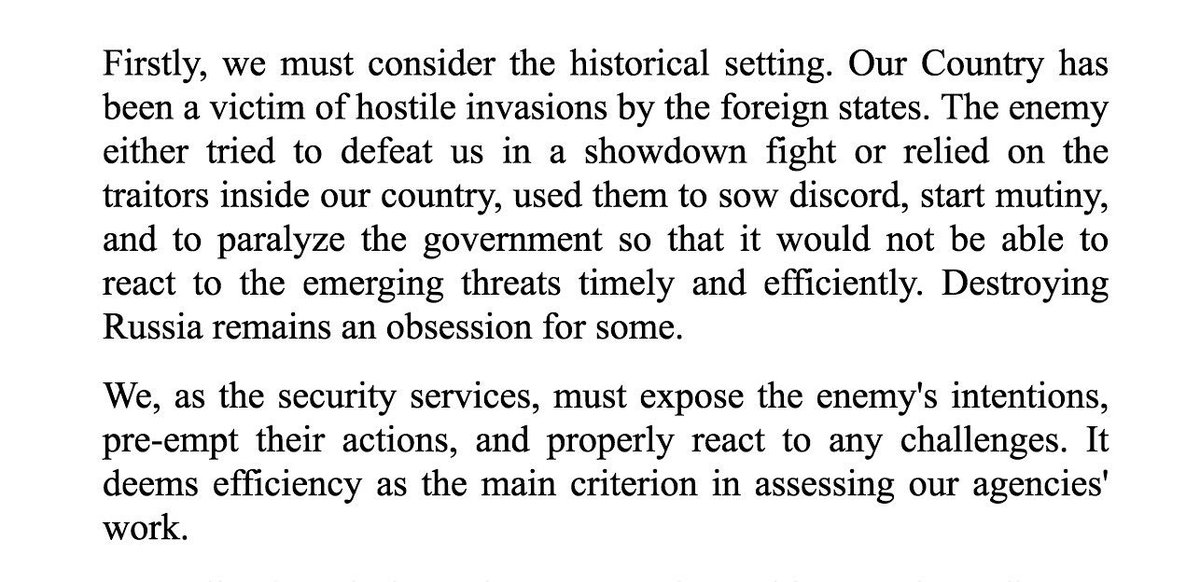The quest for nuance should not stifle narrative construction
Insight usually stems from extreme partisan narratives
Different sections of society ask different WHAT IF questions and it is precisely these counterfactuals that make history a matter of general interest
That's perfectly legitimate
What caused Islam to gain a share of over 25% in the subcontinent? Could HIndu society have done anything better to have prevented this?
That's an equally legitimate question
Hey...we must all respect facts. No matter our political orientation. Opinions can differ
Fair. But this implies facts and values are to be conceived as separate spaces altogether
E.g. You could argue that Aurangazeb paved the way for Mughal decline by being too ambitious and overstretching himself in the Deccan
Others might argue - he was not aggressive enough
David Halberstam in his great book put forward the view that America engaged with an enemy that it understood poorly, and that its slavish adherence to the domino theory caused a misappraisal of the threat in VIetnam
America was winning in Vietnam. But too much kowtowing to public opinion and lack of aggression prevented them from forcing home the advantage
Both these views are legitimate in their own right
Some narratives will stick. Others won't
But the wisdom of the crowds and the "test of time" will decide which ones survive and last
E.g. Political organization of Alaskan natives pre 1700
It doesn't evoke a lot of passion. Unlike for e.g
"Fall of Mughal Empire"
or
"Fall of Roman empire"
Sure. This will come with some propaganda
But it will also stimulate much original scholarship
What made him distinctive was his Whiggery and liberalism
What made Marx distinctive was his scepticism of the influence of "Great Men" , and instead his faith in a materialist conception of history
Take that away. And they'd be footnotes as historians






